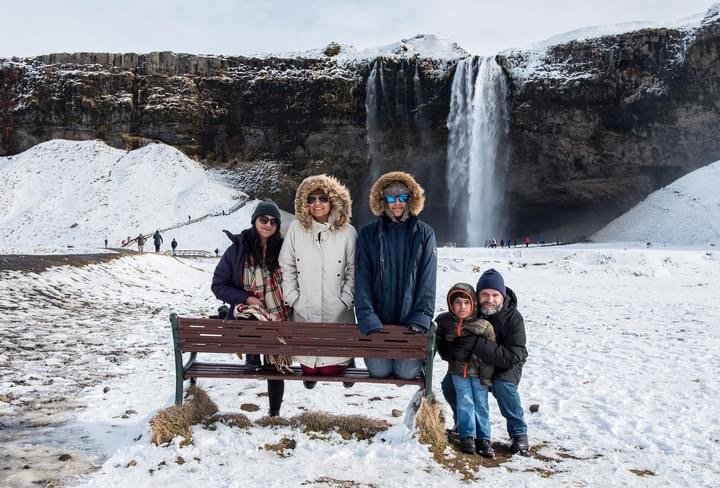This day, International Women’s Day, and every day, WAGE embraces the value of education no matter what that may look like. This blog was written by a college student in New Jersey who is now an intern for WAGE.
Education has always been important to me and my family, and my parents instilled this value in all their children, my brothers and I, from a very young age. Being the oldest, and the only daughter, I was expected to set an example for my younger siblings, and that included doing well in school.
My parents are both very highly educated, and they went to school both here and in Pakistan. My father received a master’s degree in Pakistan in physics, and then went to Syracuse University in 1992 to obtain yet another masters, this time in telecommunications.
My mother went to graduate school in Pakistan to get a masters in geography. Having gone to school both in the United States and in Pakistan, I thought it would be interesting to ask my dad about the difference in experience between both countries.
After complaining about the cost of tuition in the United States for some time, he told me that he valued his education at Syracuse more, and he felt lucky to have that opportunity.
Pursuing a higher education is daunting task, as is immigrating to a different country, so I imagine the culmination of both left him feeling overwhelmed at the time. He admitted he felt as though he had to work harder, study more, and pay more attention than in Pakistan, but he felt very fulfilled with his schooling.
He ended up being awarded both teaching and research assistantships that covered most of his tuition and was offered a job almost immediately after graduating. My mom, who came to the United States after my dad started his job in 1996, always had a passion for learning. Even now, decades after finishing her degree, she continues to take one-off classes on topics that interest her. She currently teaches kindergarten age children, and I have never heard her complain about it once.
When I was younger, my parents always made sure I was doing well in school. They helped with my homework, kept up with my teachers and counselors, and brought me to my tutoring classes.
In middle and high school, I was always more invested in my humanities classes, and I didn’t connect with what I was learning in math and science. When it was time for me to go to college, I was weary to tell them that I wanted to major in political science, and forgo the pre-med or engineering route.
Despite my hesitation about telling my parents about the path I wanted to pursue, they were very supportive and told me they wanted me to excel in my education, no matter the major I chose.
Initially, I had thought that I wanted to go to law school, so I chose a concentration in legal studies. After a few semesters, I realized that I was more stimulated by my international relations and politics courses. I felt similar to how I felt at the end of high school--I was weary to tell them about the change of plans, but again I was met with encouraging words.
Now that I am in the last semester of college, I am doing a bit of reflecting on my experience. I struggled in the beginning, as most do, but I am lucky to have had a strong support system of friends, professors, and of course, my family.
Many women and girls do not even have the option to pursue an education, and it is even rarer to be surrounded by people who motivate and uplift you through all your hardships. I had my parents to show me the success and fulfillment that education can bring, and this idea should be universal. This is why WAGE’s mission is imperative; strengthening and creating education systems for women and girls will lead to a better future for them, and for all of us.
—Areebah Zia




